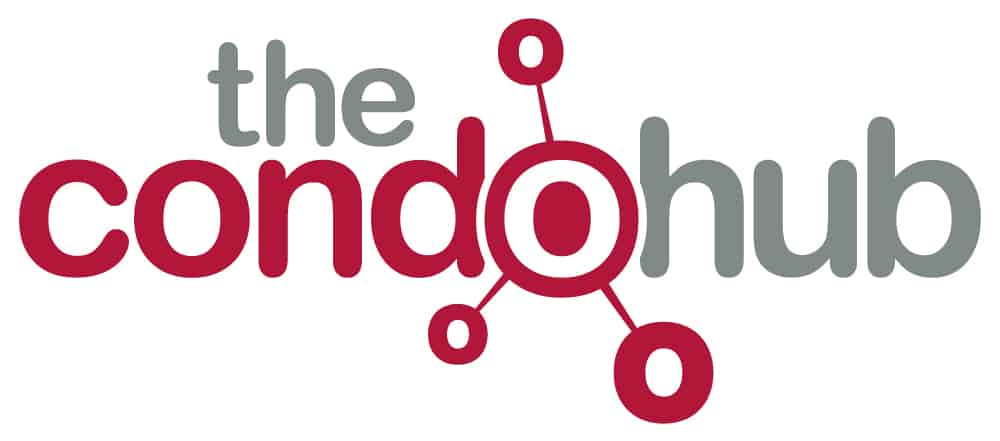WHY TITLE INSURANCE?
Many buyers will see the charge for title insurance on the settlement sheet and wonder ‘what is this and do I really need it?’. Like many forms of insurance, you might pay months or years without ever using it and wonder if you really need it – until you need it. Then you are glad you have it. And with title insurance, if you are ever in a situation where you need it, you will be really, really glad you have it. Title insurance is not as well understood as other types of home insurance, but it is just as important. Unlike other types of insurance, when you purchase title insurance, there is a one time premium and it protects you forever – even after you sell the property.
PROTECTING YOUR LARGEST SINGLE INVESTMENT
When purchasing a home, instead of purchasing the actual building or land, you are really purchasing the title to that property – the right to occupy and use the space. That title may be limited by rights and claims asserted by others, which may limit your use and enjoyment of the property and even bring financial loss. Title insurance protects against these types of hazards.
Other types of insurance that protect your home focus on possible future events and charge an annual premium. Whereas title insurance protects against loss from hazards and defects that already exist in the title.
TWO KINDS OF TITLE INSURANCE BENEFIT YOU IN TWO WAYS
There are two basic kinds of title insurance:
- Lender or mortgage protection
- Owner’s coverage
Most lenders require mortgagee title insurance as security for their investment in real estate, just as they may call for fire insurance and other types of coverage as investor protection. When title insurance is provided, lenders are willing to make mortgage money available in distant locales where they know little about the market.
Owner’s title insurance lasts as long as you, the policyholder – or your heirs – have an interest in the insured property. This may even be after you have sold the property. In Virginia it is customary for the purchaser to pay for the lender’s title insurance policy as well as their owner’s policy. If an owner’s policy is purchased, however, you will be able to pay a smaller simultaneous issue charge (typically $150) for the separate lender coverage.
WHAT DOES YOUR PREMIUM REALLY PAY FOR?
An important part of title insurance is its emphasis on risk elimination before insuring. This give you, as the policyholder, the best possible change for avoiding title claim and loss.
Title insuring begins with a search of the public land records affecting the real estate concerned. An examination is conducted by the title agent or attorney on behalf of its underwriter to determine whether the property is insurable. The examination of evidence from a search is intended to fully report all ‘material objections’ to the title. Frequently, documents that don’t clearly transfer title are found in the “chain”, or history that is assembled from the records in a search. Here are some examples of documents that can present concerns:
- Deeds, wills and trusts that contain improper wording or incorrect names
- Deeds that were recorded by a trustee due to a foreclosure of the property
- Outstanding mortgages and judgments, or a lien against the property because the seller has not paid his or her taxes
- Easements that allow construction of a road or utility line
- Pending legal action against the property that could affect a purchaser
- Incorrect notary acknowledgements
Through the search and examination, title problems are disclosed so they can be corrected whenever possible. However, even the most careful preventative work cannot locate all hidden title hazards.
WHAT CAN GO WRONG?
In spite of all the expertise and dedication that go into a title search and examination, hidden hazards can emerge after closing. Some examples include:
- At the most extreme, the seller may knowingly try to sell you a home he or she doesn’t own. There have been instances of renters posing as sellers.
- The seller might have co-purchased the house ten years ago with a brother he hasn’t talked to since and is unaware that he now needs his brother’s signature to sell.
- Or a problem might be lurking in the more distant past. For example, the seller might have bought the place from a single woman, not realizing that her ex-husband still co-owned the property and hadn’t signed off on the sale as required.
- Or the seller might have inherited the house under the terms of a will that — oops — turns out to have been out-of-date and a more recent will leaves the house to someone else.
- Not all title problems involve the whole house. For example, liens may have been filed against the house — that is, people or agencies may have, within the public records, legally claimed the right to be paid from the proceeds of the property’s sale, in order to settle the owner’s debt to them. Typical debts include taxes, child support, and contractor’s fees. These liens stick to the house like glue, until the house is sold or foreclosed on.
In any of these situations, title insurance will step in to help. One important note on co-op housing: If you’re buying a co-op, where you won’t actually own real estate (just shares in a corporation), no title insurance is needed.
Title insurance offers financial protection against these and other covered title hazards. The title insurer will pay for defending against the attack on title as insured, and will either perfect the title or pay valid claims – all for a one-time charge at closing.
